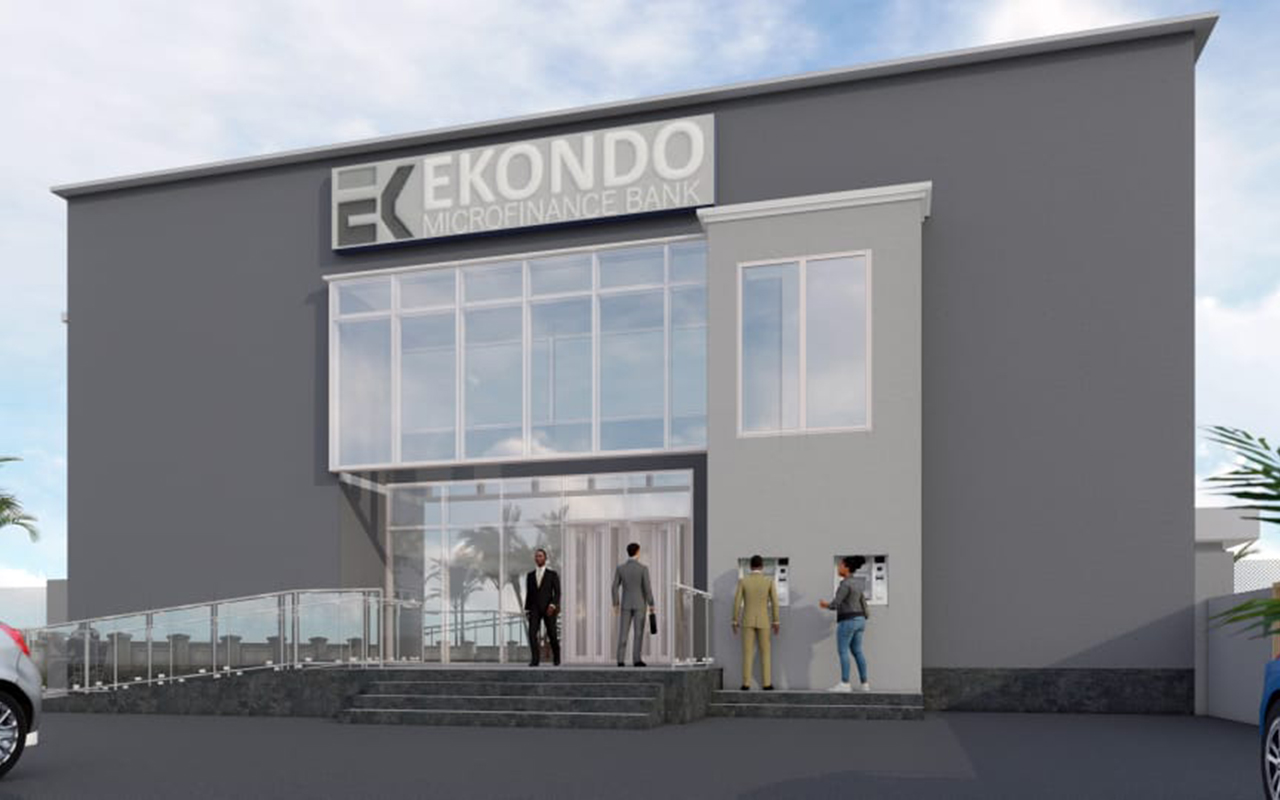Energy experts and economists have warned that Nigeria’s ambition of attaining a $1 trillion economy could remain elusive unless the country resolves deep-rooted crises in the power sector and invests massively in infrastructure, particularly gas-powered thermal plants.
At the annual Bullion Lecture 2025 held in Lagos, yesterday, stakeholders emphasised the role of electricity access and affordability in catalysing economic transformation.
The Chairman and CEO of Geometric Power Group, Prof. Bart Nnaji, lamented the country’s chronic underperformance in electricity generation, warning that Nigeria is unlikely to meet its 30,000 megawatts (MW) target by 2030 due to weak investment frameworks and policy bottlenecks.
“Substantial investments in gas will encourage more thermal plants, which the country needs. Nigeria currently generates about 5,500MW, but it should be up to 30,000MW by 2030. I believe that we should aim at 100,000MW by 2040 so that we can become a higher medium economic power,” he said.
Nnaji expressed concern over the suspension of guarantee instruments for the Power Purchase Agreements (PPAs) under the previous administration, which has halted the development of new thermal power projects like the ExxonMobil power plant and the OMA Power plant by Geometric Power and General Electric.
“It is costly to build a power plant, approximately $1.5 million per MW. No investor will build any without at least a partial risk guarantee (PRG). Without PPAs, there will be no new plants,” he warned.
Despite being the ninth largest gas reserve holder globally with over 209 trillion cubic feet of deposit, Nnaji said it is “inexplicable” that Nigeria is struggling to power its 24 gas-fired plants while more than 80 million citizens remain without electricity.
“In contrast, Algeria, with 2.9 trillion cubic feet of gas has long provided electricity access to all its citizens. Nigeria’s government has to find innovative ways to utilise the humongous gas resources in the country. While its efforts to earn foreign exchange through gas, including constructing gas pipelines to North Africa to export our gas to Europe, is commendable, the domestic need has to be first because charity starts from home,” he said.
He added that natural gas as a transition fuel should be recognised, noting that there should be a recognition that the desired power availability will require improved natural gas production for domestic use.
“We should stop being a country that imports what we have full capacity to produce. A country’s energy security strategy cannot be dictated by the latest buzzword,” he said.
National President of Women in Energy, Oil and Gas (WEOG), Tolulope Alonge, described the energy sector as the heartbeat of the country’s economy, stating that without robust reforms and radical infrastructure modernisation, Nigeria cannot build the foundation required for industrialisation, digitalisation and global competitiveness.
She called for grid decentralisation, scaling up hybrid solutions and driving Nigerian-specific transitions where host communities and underserved populations are not left behind.
Alonge also emphasised leveraging Nigeria’s gas resources as economic multipliers and not just transition fuels.
Echoing the urgency of these reforms, Dr Ogho Okiti, CEO of ThinkBusiness Africa, criticised Nigeria’s long-standing trend of crafting ambitious visions with little focus on execution.






